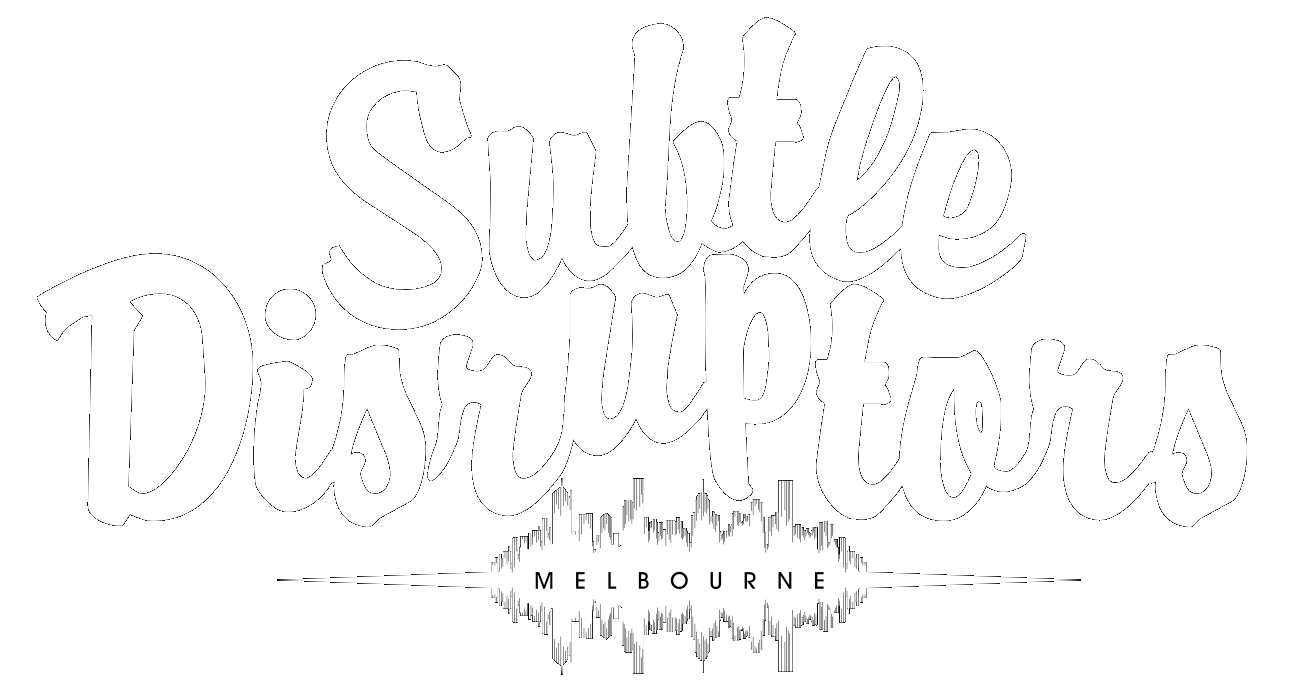‘People have everything they need to come up with their own projects. All we need to do is provide that platform for them to step on to build those projects.’
There are two things with which I share a strong affinity with this week’s guest. They are his ability to quickly put together a minimal viable product (known as an MVP) to test a business idea or other hypothesis, and to create businesses that serve as platforms for others to come together and collaborative create.
Alvaro Maz (@alvaromaz) has two significant projects on the go: Code for Australia, creating a mechanism for talented technologists to insert themselves into government departments to find ways of creating cultural change and innovative civic technologies; and Creative Suburbs, enabling citizens to submit their ideas for specific urban improvement projects that can then be tested through prototyping and potentially brought into being.
Code for Australia started with a conversation between Alvaro and one of his co-founders, Dan Groch (@dan_groch). Dan had learnt about Code for America and wondered if a similar concept could fly in Australia. He and Alvaro create a page in Facebook and did some other small things on social media, and not much else for about six months. They were a bit surprised when a government department contacted them looking for some people to come in a create some positive disruption. Alvaro and Dan quickly thought tried to remember what is was they did again, brought some people together, placed them in the department, and Code for Australia was born.
A typical team of Fellows, people who come through Code for Australia to work at a government department, includes a designer, developer and a community/project manager. They are talented individuals how are often being underused at the current place of employment, and want to use what they have to work on something aligned with their values and brings about positive change. They are paid a stipend, typically work for a period of about 12 months, and are given some latitude to work on an assigned problem or to uncover deeper problems to solve. A recent example of their work include the development of an on-line services for the Victorian Department of Justice to enable those who are pleading guilty to a minor offence to do so digitally without needing to go to court. Another is a tool for the NSW Department of Education which gives parents who are seeking to make a decision about a school for their kids all the information they need in one place.
Although it is great when something shiny like a new technology comes out of the end of the project, the key indicator on the success of any placement for Alvaro is the number of people within the department who were touched and impacted by the Fellows, that cultural legacy that was left, and the platform that was created.
Alvaro has another startup in the pipeline, and micro-brewing competition called Hops Aboard giving one micro-brewer the opportunity to produce commercial quantities of their particular home brewed beer. He daydreams about regularly disrupting his own life, embarking on adventures like sailing around the world to challenge his assumptions about how he lives and what he values. And he reminds us all about the benefits of being comfortable with the inevitable uncertainty of life, whether it be relationships, business or the weather.
Creative Suburbs started with Alvaro’s own musings about ways to improve the suburb where he lived. He thought that if he had ideas about improving things, others must also, and after discovering the frustrating process of community consultation decided to create a platform for citizens to submit their own ideas around specific urban projects. The idea is that some of these ideas can then be tested with a prototype, gathering key learnings in the process, and enabling those organisations with the power to implement these projects compelling information on what people want and what could work.
An example of their work is a mural painted on a expansive concrete wall on Melbourne’s Richmond Station. Citizens were invited to submit their ideas for what to paint on the wall that was historically a place for taggers to show their wares. Funding was then sourced from Metro Rail, the City of Yarra, and crowdsourced from the public, with each group providing one third of the funding. Artists were then sourced to interpret the public’s suggestions, with the result being an amazing, expansive piece of urban art that has enlivened the area.
In the pipeline is also a 27 km expanse of land winding through Melbourne’s west that is on the cards for becoming one of the world’s longest continuous urban parks.
Alvaro and I chatted at the Queen Victoria Market, Melbourne’s number one tourist destination and a place the provides a platform for makers, sellers, shoppers and tourists to come together and enjoy all that Melbourne is. Alvaro is relaxed and inspiring in his mission and ability to try new things. I hope you enjoy our conversation.
Podcast: Download
Subscribe: Apple Podcasts | RSS




Leave a Comment